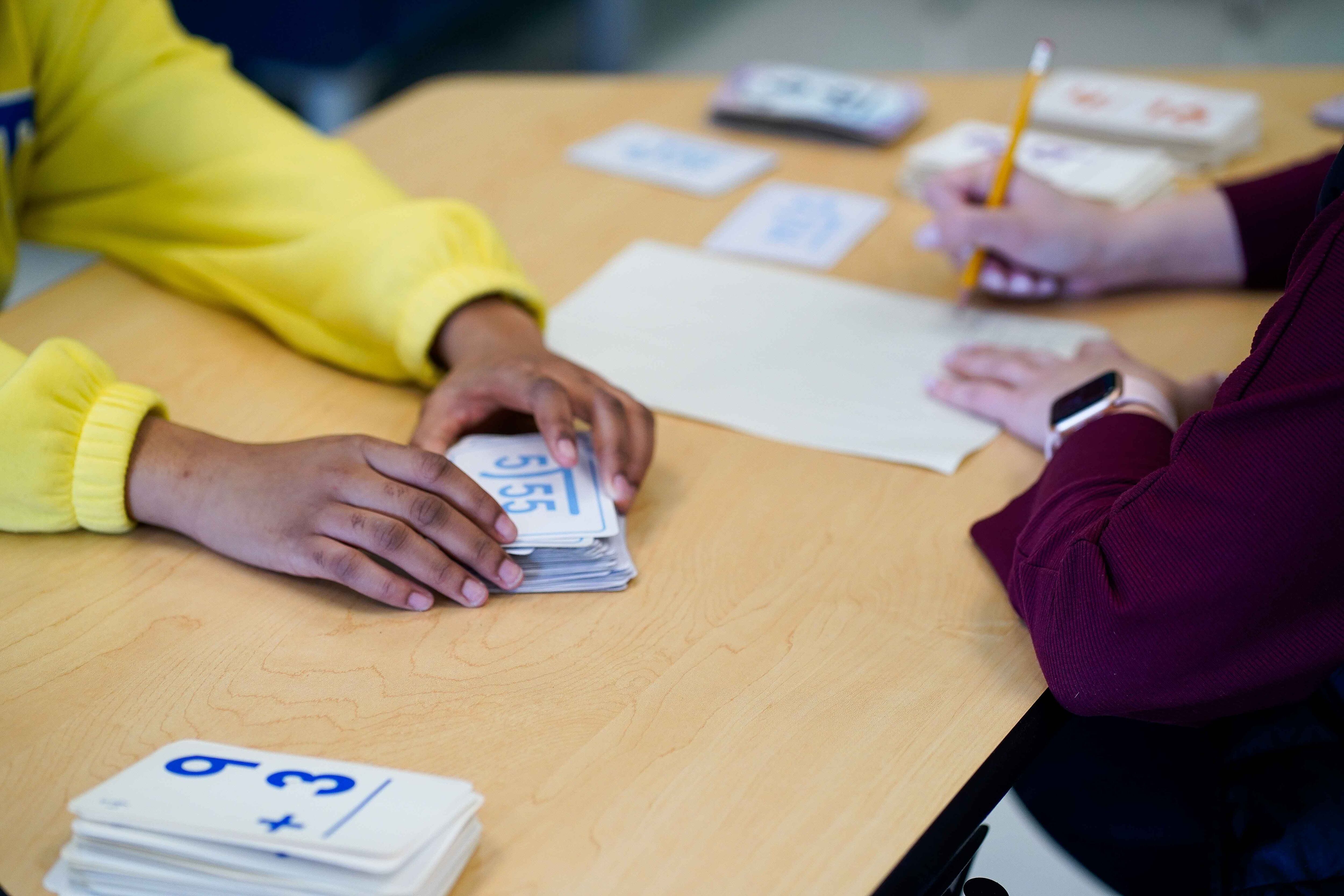Sign up for Chalkbeat Chicago’s free daily newsletter to keep up with the latest news on Chicago Public Schools.
Dozens of Illinois schools believed they had another year to spend a collective $77 million remaining in COVID-19 relief funds. But the U.S. Department of Education told states last Friday that they would not uphold extension deadlines for remaining dollars, according to state education officials.
While this federal funding was set to expire in September 2024, the Biden administration issued a “liquidation extension” to Illinois allowing school districts to spend remaining funds by March 28, 2026. But late Tuesday, the Illinois State Board of Education said in a press release that the Trump administration reversed course and would no longer reimburse the remaining money, some of which was already distributed to schools and contractors.
The move impacts 27 school districts, two Regional Offices of Education, and three grantees, according to the Illinois State Board of Education. The programs now at risk served students experiencing homelessness, students with disabilities, teachers who work with English learners, and after-school tutoring programs, the state board said.
Affected Illinois districts will either have to reconcile their spending by either finding new funding or reapplying to the federal government for another extension, Illinois education officials said. But they said that requiring states to do this would place an “unnecessary and duplicative administrative burden” on schools and grantees and hinder access to important programming.
This latest decision handed down by the federal government puts $3 billion in remaining pandemic relief money allocated to states and school districts around the country at risk, according to a report by The 74. Other states, such as Maryland, had already reimbursed school districts $305 million that they expected would be reimbursed by the federal government, and schools around the state had a remaining pot of money worth $113 million. In New Jersey, 20 schools stand to lose around $85 million. About 27 schools in Michigan could miss out on around $40 million meant for school construction projects.
Secretary of Education Linda McMahon told state education officials that extending deadlines “years after the COVID pandemic ended is not consistent with the Department’s priorities.”
State Superintendent Tony Sanders called the decision a “devastating block to students and schools.”
“School districts depend on stability in funding to plan effectively and ensure continuity of services for students. The abrupt reversal of this extension disrupts stability and jeopardizes essential programs that support students’ learning recovery,” Sanders said in a statement.
A spokesperson for Chicago Public Schools said the district received the last of its federal emergency relief dollars in January and will not be harmed by the U.S. Department of Education’s recent decision.
Illinois received almost $8 billion in emergency COVID relief funding and 90% of funds went to local school districts through Title I. Across the nation, the federal government provided over $190 billion in pandemic relief funds, a majority of which came from the American Rescue Plan passed during the Biden Administration.
In the early days of the pandemic, schools used these funds to buy technology for students learning from home and to train educators working remotely, among other COVID-era needs. The last round of federal funding required schools to focus on academic recovery for students.
Illinois had used some of its federal dollars to create the Illinois Tutoring Initiative, providing high-quality tutoring to school districts. That program ended in the fall when funding dried up.
Mila Koumpilova contributed to this report.
Samantha Smylie is the state education reporter for Chalkbeat Chicago covering school districts across the state, legislation, special education and the state board of education. Contact Samantha at ssmylie@chalkbeat.org.






